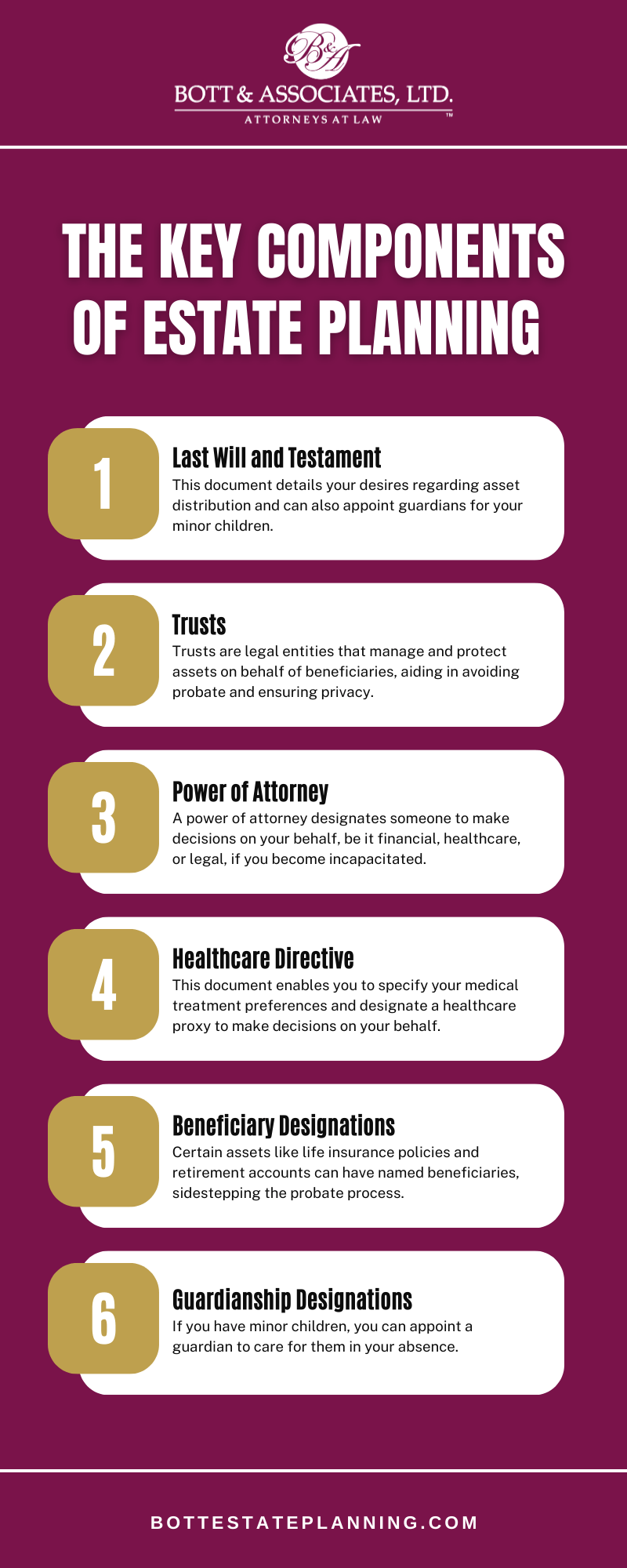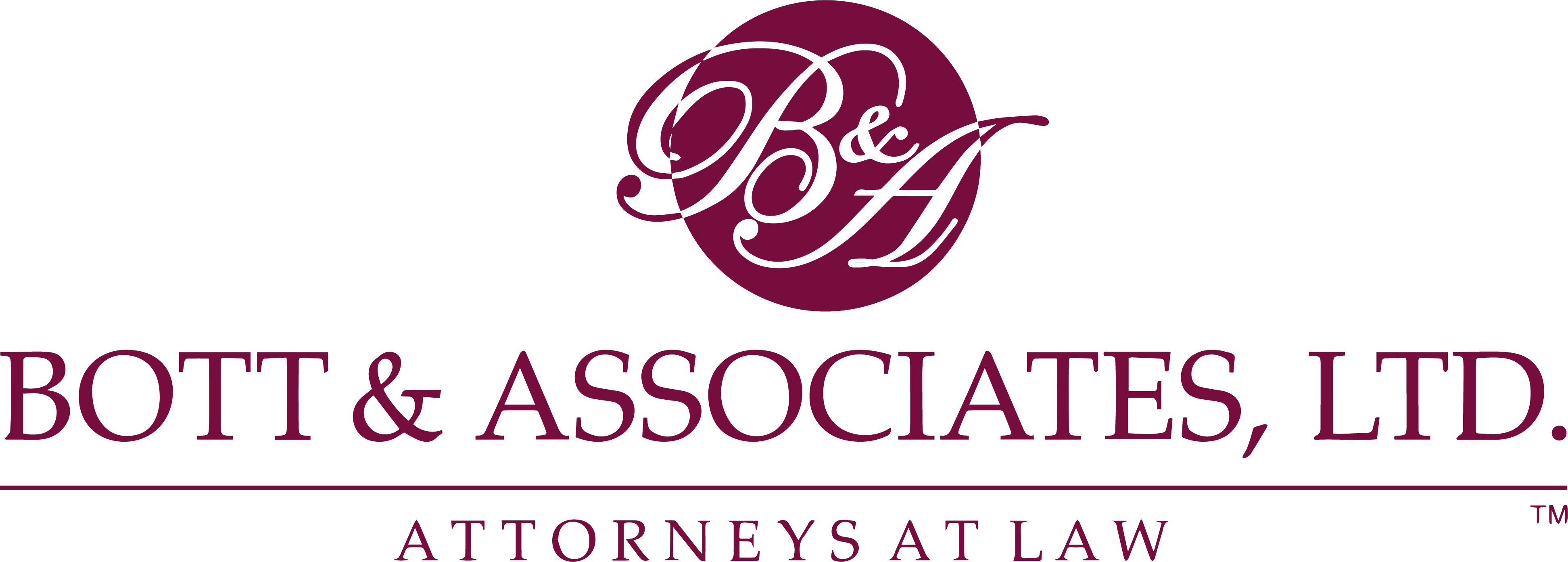
Professional Assistance with Your Estate Plan
As an estate planning lawyer Oak Brook, IL residents trust to represent their interests can tell you, digital technology is changing the nature of what it means to engage in estate planning. Americans are living during a time in history that is increasingly being referred to as “The Digital Age.” Fifty years ago, it would have been difficult to imagine that virtually everyone in the U.S. who had achieved puberty would be spending significant portions of every day with a computer in their lap and another in their pocket. Yet, nowadays, it is hard to imagine navigating a world in which we don’t have access to GPS, the means to communicate with virtually anyone else in the world, and the ability to look up facts at the touch of a screen.
It is precisely because so much of Americans’ daily lives are lived online and via electronic means that it is critical to consider one’s digital footprint when estate planning. It is easy to overlook this area as you are developing your estate plan and your larger framework. Failing to account for one’s online presence can leave significant gaps in one’s estate plan. With the pervasive threat of security breaches and expanding your plan to address digital privacy concerns, it is crucial that you prepare a comprehensive plan that protects your assets. However, it can be hard to know where to start. There are many legal strategies that you can deploy. Thankfully, the dedicated legal team at Bott & Associates, Ltd. can help you prepare for all of your digital estate planning needs.
Table of Contents
- Professional Assistance with Your Estate Plan
- Important Steps in the Illinois Probate Process
- Important Components of Your Estate Plan
- Oak Brook Estate Planning Infographic
- Oak Brook Estate Planning Statistics
- Oak Brook Estate Planning FAQs
- Bott & Associates, Ltd., Oak Brook Estate Planning Lawyer
- Contact Our Oak Brook Estate Planning Lawyer Today
How Our Estate Planning Lawyer Can Help You
Estate planning in Illinois is not just about creating documents; it’s about crafting a comprehensive plan tailored to your unique circumstances. Our experienced estate planning lawyers have a profound understanding of Illinois estate planning laws. We will work hard to customize your estate plan so that it matches your specific needs. We assist you in developing strategies to safeguard your assets against unnecessary taxes and probate expenses. Estate planning offers the peace of mind that your loved ones will be cared for, and your legacy will be preserved according to your wishes. Your estate plan may need adjustments over time due to changes in your life or revisions to Illinois laws. Our legal team provides continuous support and updates.
With more people having a larger presence on the internet, implementing digital estate planning is essential. As more and more people are using apps and other online communication methods to manage their finances, there is a legitimate risk of being a victim from unauthorized parties who are trying to gain access into your accounts. Creating a digital estate plan allows you to cover your bases and utilize a number of legal strategies so that your entire estate plan is not only continually up to date, but protected and secured.
“But wait,” you may be thinking, “I can’t map out my digital footprint in an estate plan because it changes all the time.” This is a valid concern. Thankfully, almost all estate planning documents are meant to be “living” in nature. This means that you can update them as often as you need to as your life circumstances and preferences change. Whenever a major event in your life happens, such as the addition of a new child or loss of a family member, you can update your digital estate plan as necessary. It is one of the key benefits of having an estate plan in a digital format. Additionally, please know that our lawyer team understands how to account for the ever-changing nature of digital footprints when constructing a digital estate planning strategy.
Digital Estate Planning Considerations
Think about the number of times each day you log on to an account. Each account is likely password protected. If you were to become incapacitated or to pass away tomorrow, do you have any way of relaying how to gain access to those accounts? Who would you like to have access to them? Who would you like to prohibit from accessing them? What do you want done with the information, assets, and/or intellectual property contained on these accounts? These are the primary subject matters that digital estate planning concerns itself with. By working with a qualified lawyer that clients trust now, you’ll better ensure that your online life—and anything stored on any of your devices—is handled according to your preferences later.
Preparing a Digital Estate Plan
There are several things that you need to know when you are preparing a digital estate plan, as an estate planning lawyer can explain. To begin preparing your plan, organize all of your digital assets and find out the value for each asset. You will need to gather the login information for each as well. Determining how to best organize your accounts can be difficult, but a lawyer will be able to assist you. If you need help with this step you can consult with a lawyer so that they will review your assets and see if the information is correct.
Examples of digital assets include banking accounts, retirement accounts, email accounts, social media accounts, and more. A lawyer who has knowledge about digital assets can provide you more information if you are not sure what other accounts fall under the digital asset category.
Things to Include in Your Plan
When you make your digital estate plan, there are key things that you want to specify. Unlike a regular will, the information within a digital estate plan should be kept out of the public eye so that you can control who has access to sensitive personal information regarding your digital assets. Some of the areas that you may want to address in your plan include how to protect your digital assets, who your digital executor will be, where your digital estate plan will be located, and more.
Figuring how to approach each of these topics can be unclear and confusing to figure out, but having a skilled and experienced lawyer at your side can help you accomplish these tasks more quickly. If you are struggling to understand certain legal concepts, do not hesitate to ask a lawyer so that you are putting your estate plan together correctly.
Important Steps in the Illinois Probate Process
The probate process in Illinois is a legal procedure that commences following the death of an individual, with the primary aim of settling their estate. This process is multifaceted and involves several key stages, each crucial for the lawful and orderly distribution of the deceased’s assets.
Filing a Petition
The probate process begins when a petition is filed with a probate court in Illinois. This initial step involves submitting legal documentation to officially open the estate for probate. The petition is typically filed by an executor named in the will, or if there’s no will, by a close relative or interested party. This stage is foundational, as it marks the formal start of the estate’s administration under court supervision.
Notice to Heirs and Creditors
Once the estate is opened, the next step is to notify all potential heirs and creditors. This is a crucial part of the process because it allows heirs to be aware of the proceedings and gives creditors the opportunity to make claims against the estate for any debts owed by the deceased. Proper notification ensures that all interested parties are informed and have the chance to assert their rights or claims in accordance with Illinois law.
Inventory and Appraisal
In this phase, a detailed inventory of the estate’s assets is compiled, and an appraisal is conducted to determine their value. This step is vital as it establishes the basis for how the estate will be managed and eventually distributed. It involves cataloging all assets, such as real estate, bank accounts, investments, personal property, and any other items of value that belonged to the deceased.
Payment of Debts and Taxes
Before assets can be distributed to heirs, the estate must settle its outstanding debts. This includes paying any taxes owed. The executor or administrator of the estate is responsible for ensuring that all legitimate creditor claims and tax obligations are satisfied. This step is important for clearing the estate of liabilities and for determining the net value of the estate available for distribution to heirs and beneficiaries.
Asset Distribution
The final stage of the probate process in Illinois is the distribution of the estate’s remaining assets. If the deceased had a valid will, the assets are distributed according to its terms. In the absence of a will, Illinois’ intestacy laws dictate how the assets are to be divided. This stage marks the conclusion of the probate process, with the estate’s assets being transferred to the rightful heirs or beneficiaries.
Each of these stages requires careful adherence to legal procedures and regulations, often necessitating the guidance of a probate attorney to ensure compliance with Illinois law. The probate process can be complex, particularly for larger estates or when disputes arise among heirs or creditors.
Important Components of Your Estate Plan
Estate planning in Illinois is a comprehensive legal process, designed to ensure that an individual’s assets and healthcare wishes are managed and honored according to their specific desires. This process involves a variety of legal documents and strategies, each serving a unique purpose.
- Last Will and Testament
This vital document outlines your specific wishes for how your assets should be distributed after your passing. It’s not just about financial assets; it can also include detailed instructions on appointing guardians for any minor children you may have, ensuring their care and protection.
- Trusts
These are legal structures created to hold and manage assets. Trusts can be particularly useful in Illinois estate planning for several reasons. They help in avoiding the often lengthy and public probate process, thereby maintaining privacy. Trusts can also provide more control over how and when your assets are distributed to beneficiaries, which can be especially beneficial for minors or those who might not manage a lump sum inheritance effectively.
- Power of Attorney
This document is crucial for anticipating situations where you might be unable to make decisions for yourself due to incapacitation. With a power of attorney, you designate an individual to make key decisions on your behalf. These decisions can be financial, healthcare-related, or even legal, depending on the type of power of attorney you choose.
- Healthcare Directive
Also known as a living will, this document allows you to lay out your preferences for medical treatment in scenarios where you are unable to communicate your wishes. Along with specifying treatment preferences, you can also appoint a healthcare proxy – a person entrusted to make healthcare decisions for you, based on your outlined preferences.
- Beneficiary Designations
In estate planning, it’s important to remember that not all assets go through your will. Certain assets, like life insurance policies and retirement accounts, allow you to name beneficiaries directly. These designations are crucial as they enable these assets to bypass the probate process, ensuring a more direct and often quicker transfer to your named beneficiaries.
- Guardianship Designations
For those with minor children, one of the most critical components of estate planning in Illinois is the appointment of a guardian. This ensures that, in your absence, your children are cared for by the person you trust most, rather than leaving the decision to the courts.
Oak Brook Estate Planning Infographic

Oak Brook Estate Planning Statistics
According to a survey conducted by senior living referral service Caring.com, almost 70 percent of people do not have an estate plan in place. Forty percent of people say they just haven’t gotten around to it. Thirty-three percent of people said they don’t have enough assets to pass on to their loved ones. Thirteen percent of people said putting an estate plan in place is too expensive. Twelve percent of people said they don’t know how to go about writing a will.
Oak Brook Estate Planning FAQs
Why Do I Need a Lawyer to Make an Estate Plan?
Technically, you can put together your estate plan on your own, but by doing so you would be foregoing the knowledge and experience of a trained estate planning lawyer in Oak Brook, IL, which is not recommended. There are many strategies and tips that a lawyer can provide you with that will save you both time and money, as well as help you put together the plan that you really want, rather than just one that will work. Your lawyer will discuss your goals and wishes with you to get an idea of what your ideal options are and walk you through the entire process, making it as smooth and painless as possible.
When Should I Create my Estate Plan?
The best time to create an estate plan is always now because you never know when it will be too late. Even if you know that you will need to make updates to it in the future, it is wise to get something down in writing that is legal with an Oak Brook estate planning lawyer, just to be safe. Then, when it’s time to make changes, you can talk with your lawyer about your new needs and goals for your estate plan. Waiting too long could leave your family without the funds they will need to live and unsure of your wishes.
Is There an Income Minimum for Creating an Estate Plan?
There is no income requirement necessary to create an estate plan, and they are not just for the wealthy. No matter how much you have to leave behind, having an estate plan will help to ensure that it goes to your loved ones instead of to the state first and foremost. Your estate planning lawyer will not judge your income but help you evaluate your options and walk you through plans that would be a good fit for you and your situation.
What Is a Good Amount to Leave my Kids?
When deciding what to leave to whom, there are many factors that you will want to consider, and your lawyer can explain those to you and provide advice. Some of the things that your lawyer will want to discuss with you will be the ages of your kids, how much you will have available to leave, any special circumstances or wishes you have, and more. We know that this is new for you, but your lawyer has the experience you need to come out with a plan that you’re comfortable with and that meets your goals and wishes.
How Do I Make My Estate Plan Legal?
One of the key factors in creating an estate plan is to ensure that it is filed properly and legally, which is a task that you can leave to your Oak Brook estate planning lawyer. When you work on your estate plan with a lawyer from Bott & Associates, Ltd, you will not have to worry about the details of preparing the plan so that it is legal, because that is something that they will handle for you, making it a less stressful process for you, knowing that everything is being taken care of for you.
Bott & Associates, Ltd., Oak Brook Estate Planning Lawyer
3701 W Algonquin Rd #712, Rolling Meadows, IL 60008
Contact Our Oak Brook Estate Planning Lawyer Today
Estate planning is a pivotal process that empowers individuals and families to make informed decisions regarding their assets, healthcare, and legacy, but this process often requires the help of an Oak Brook, IL estate planning lawyer. In Oak Brook, Illinois, comprehending the nuances of state-specific estate planning laws is essential when preparing for the future. At Bott & Associates, Ltd., our seasoned Oak Brook estate planning lawyers are well-versed in the intricate web of Illinois estate planning laws, and they’re here to guide you through the process.
If you reside in Oak Brook, Illinois, and need assistance with estate planning or want to review your existing plan, we encourage you to contact Bott & Associates, Ltd. for a confidential consultation. Our experienced Oak Brook estate planning lawyers will collaborate with you to craft a comprehensive estate plan tailored to your specific needs and goals. Secure your family’s future and protect your legacy – reach out to us today to work with an Oak Brook estate planning lawyer.

